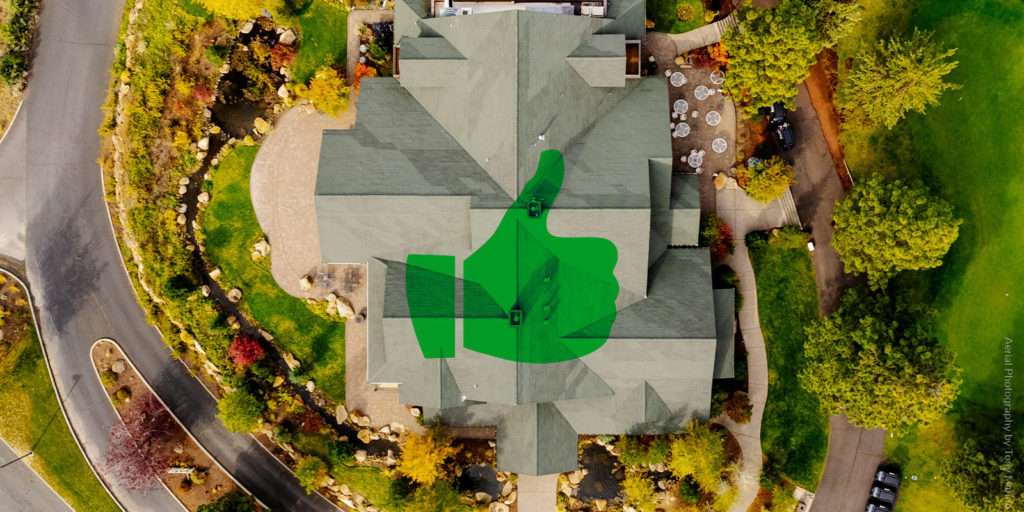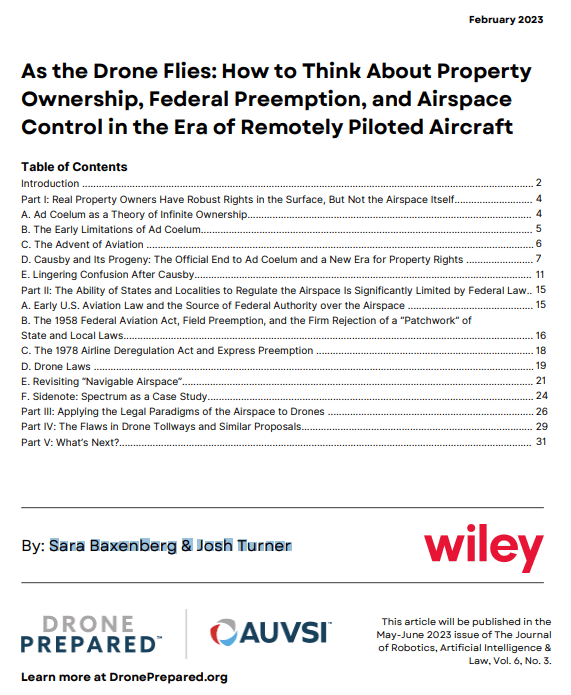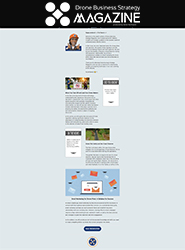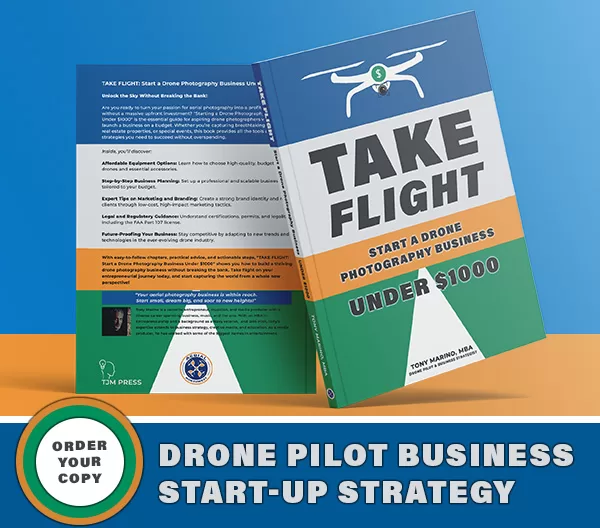
Drones are becoming more and more affordable and accessible, and they have the potential to transform our daily lives in many ways. They’re small, agile, and easy to operate remotely, which makes them ideal for accessing hard-to-reach areas and flying safely at low altitudes. Plus, they’re much cheaper and safer than crewed aircraft. This opens up a world of possibilities, such as quickly delivering essential medication to rural areas, providing real-time images for news and search and rescue efforts, inspecting infrastructure without putting people in danger, and even delivering packages to homes.
Congress is aware of the many benefits that drones can bring to society, and they have passed laws to support the industry. For example, in 2012, they mandated that the Federal Aviation Administration (FAA) integrate drones into the national airspace system. They have also given the FAA the authority to establish remote identification requirements, develop an uncrewed traffic management system, and regulate drone flights over critical infrastructure facilities.
The FAA has been working hard to integrate drones into the existing regulatory framework, which has made the US airspace the safest and most secure in the world. They have created regulations that allow for routine commercial drone flights, expanded those regulations to permit flights at night and over people, and established remote identification requirements to ensure that law enforcement and public safety officials can identify drones in flight and verify that they are authorized to be there.
However, some stakeholders are not as enthusiastic about the drone future, and they are raising questions about their role in it. Property owners, for example, are asking whether they own the airspace above their property and whether they can shoot down a drone that flies over their house. Some state legislators and city councilmembers are also considering passing laws to govern and tax drones operating in the airspace above their jurisdictions.
These inquiries raise fundamental legal questions about private property rights, the nature of airspace, and the federal government’s authority to regulate aviation. They also question whether existing paradigms need to be reimagined to accommodate low-altitude, small drones operating at scale.
A recently written paper entitled, “As the Drone Flies: How to Think About Property Ownership, Federal Preemption, and Airspace Control in the Era of Remotely Piloted Aircraft” addresses these legal and policy issues and proposes a comprehensive vision for regulating airspace and property rights in an advanced aviation environment. The authors argue that existing legal doctrines can work well together to establish a framework in which landowners have clear rights in their property, and states and localities have clear roles with respect to activity that occurs in the airspace above it.
The authors, Sara Baxenberg and Josh Turner propose two overarching legal questions that need to be answered to understand how airspace regulation should work in the era of advanced aviation:
- What rights do individual property owners have in the airspace above their property?
- What authority do states and localities have to regulate aviation activities in the airspace above their jurisdictions?
AUVSI Whitepaper
As the Drone Flies: How to Think About Property Ownership, Federal Preemption, and Airspace Control in the Era of Remotely Piloted Aircraft

The Takeaway
We graciously give our thanks to Russ at 51Drones for his informative video presentation on the topic. We also send our gratitude to AUVSI for their notable activities and continued support on behalf of the UAV industry at large.
As the drone industry continues to grow and evolve, it is important to have a clear understanding of property rights and regulations in the airspace. By striking a balance between innovation and safety, we can create a framework that maximizes the benefits of drones while minimizing potential risks and conflicts. When you see the opportunity to inject your thoughts and opinions, be sure to write lawmakers and influencers and let them know! “A great thought goes nowhere unless acted upon.”
Be smart, safe, and forever fly!
If you have any questions, let us know! If you’d like to hire us, you can get more information here.
Written by: Tony Marino, MBA – FAA Certified Part 107 Commercial Drone Pilot and Chief Business Strategist at Aerial Northwest
This article is intended exclusively for general informational purposes only and should not be construed as legal advice.
Frequently Asked Questions

DRONE BUSINESS STRATEGY MAGAZINE
A free digital publication made exclusively for all small business drone pilots to them help start-up, become profitable while sustaining a competitive advantage within the drone service industry sector they opt to serve.
“If you love to fly, we’d love to have you come aboard!”
We share your information with no one. Our Privacy Policy.









2 Comments
Leave your reply.